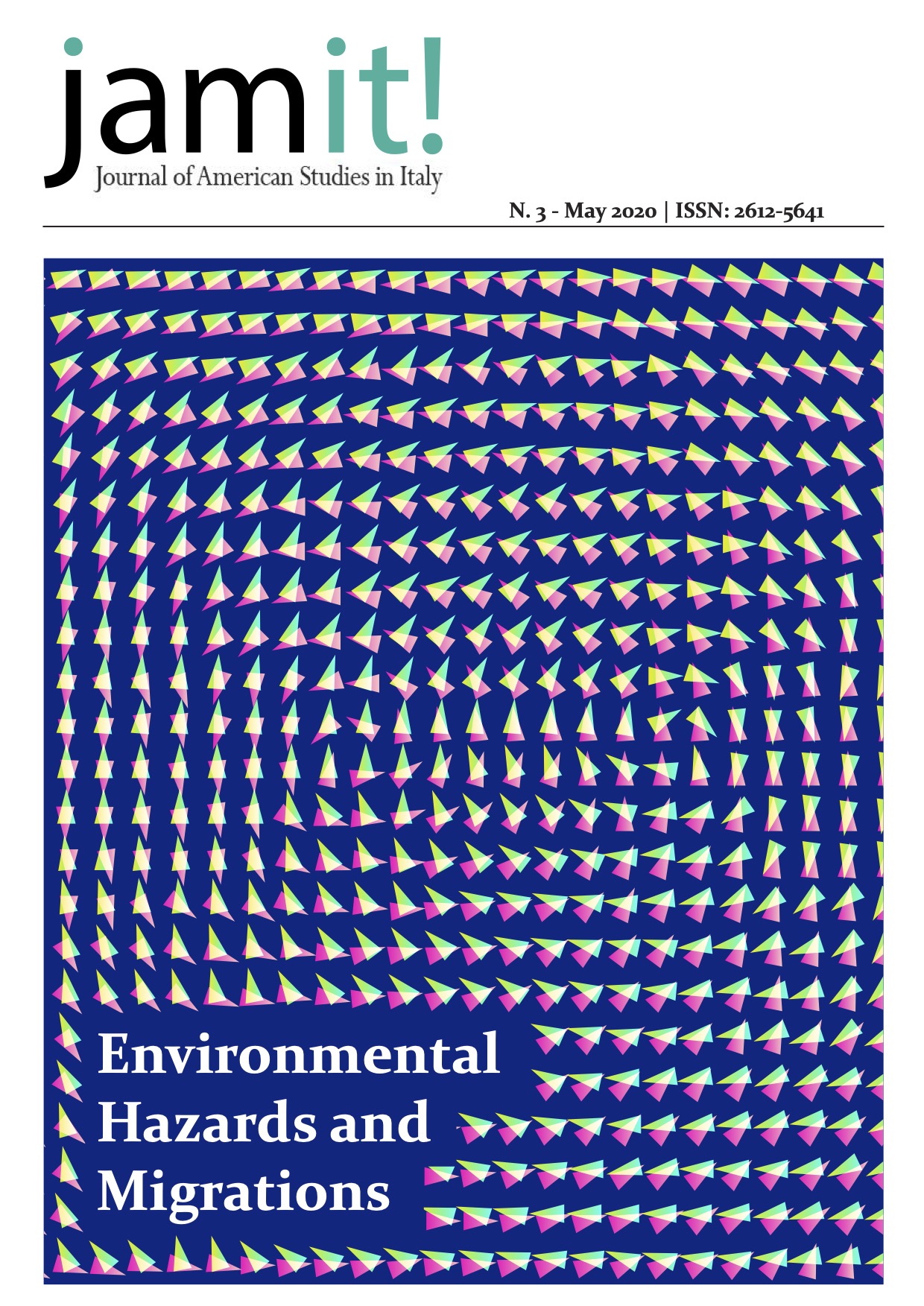Apocalyptic Visions from the Past: The Colonization of Mars in Dick's Martian Time-Slip
DOI:
https://doi.org/10.13135/2612-5641/4142Nøgleord:
Philip K. Dick, Martian Time-Slip, Migration, Climate ChangeResumé
In recent years, climate change has emerged as a dominant theme in literature, with writers trying to find new ways to express how the alteration of climate affects people. Even though it was published before climate change was so pressing an issue, Philip K. Dick’s Martian Time-Slip (1964) deals with the worries caused by an Earth that is becoming increasingly inhospitable, pushing people to migrate to Mars. This article explores how Dick expresses the challenges that immigrants must face in trying to adapt to a new environment and how he uses Mars society to criticize the degeneration of the capitalistic society that marginalizes people who are acutely able to empathize with both humans and the natural world. Among these marginalized people there is Manfred, a child who suffers from autism. Dick conveys Manfred’s conscience through an imaginative language that extends beyond the limits of the human perception of time.
Downloads
Publiceret
Nummer
Sektion
Licens
Authors who publish with this journal agree to the following terms:
- Authors retain the copyright and full publishing rights for their submissions to the journal.
- Authors grant the journal right of first publication with the work simultaneously licensed under a Creative Commons Attribution-NonCommercial-NoDerivatives 4.0 International License that allows others to share unedited work for non-commercial purposes with an acknowledgement of the work's authorship and initial publication in this journal.
- Authors are able to enter into separate, additional contractual arrangements for the non-exclusive distribution of the journal's published version of the work (e.g., post it to an institutional repository or publish it in a book), with an acknowledgement of its initial publication in this journal.
- Authors are permitted and encouraged to post their work online (e.g., in institutional repositories or on their website) prior to and during the submission process, as it can lead to productive exchanges, as well as earlier and greater citation of published work (See The Effect of Open Access).




